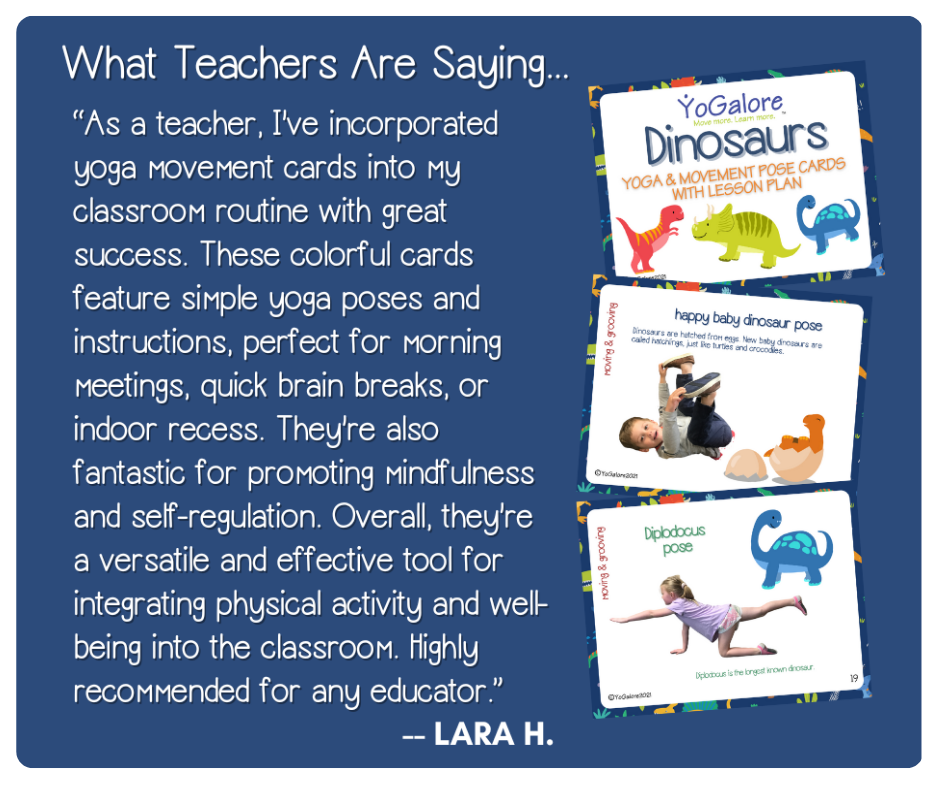Most of us are familiar with our five senses – touch, taste, smell, sight, and hearing. We were taught in school that our senses teach us about the world. It’s how we learn. All of that is true, however, we also have an additional two senses that we don’t hear much about: our vestibular and proprioceptive senses. In this post we will be talking about the vestibular sense.
The vestibular sense is the sense that tells us where we are – how we relate to gravity. Our brain receives information from the inner ear, then processes the information to tell us where we are in relation to space. Our vestibular sense helps us with movement, balance and coordination.

In The Out-of-Sync Child, Carol Stock Kranowitz explains the vestibular sense like this:
“The vestibular sense tells us about up and down and whether we are upright or not. It tells us where our heads and bodies are in relation to the earth’s surface. It sends sensory messages about balance and movement from the neck, eyes, and body to the CNS (Central Nervous System) for processing and then helps generate muscle tone so we can move smoothly and efficiently.”
For most of us our vestibular sense works pretty well. Most of the time we aren’t even aware we are using it. Sometimes, however, the vestibular system doesn’t process information like it should. People who have problems with their vestibular sense have difficulty with balance and movement. Someone who has difficulty processing information from their vestibular system can seem clumsy because they bump into things often, or “trip over their own feet”. Believe it or not, the vestibular sense even affects vision – how we focus on objects that are moving. Someone with a vestibular processing problem may not be able to be still while looking at objects that are moving.
There are sensory modulation disorders that can affect people who have problems with their vestibular system. If you are concerned your child might have issues with their vestibular sense, talk with your child’s pediatrician. They may refer you to an occupational therapist that can do an in-depth evaluation on your child to find out exactly what the problem might be.
For Further Reading:
The Seven Senses Part 2, The Proprioceptive Sense
The Out-of-Sync-Child by Carol Stock Kranowitz, M.A.
The Out-of-Sync-Child Has Fun by Carol Stock Kranowitz, M.A.
The Ultimate Guide to Sensory Processing Disorder by Roya Ostovar, Ph.D.
The Out-of-Sync-Child Grows Up by Carol Stock Kranowitz, M.A.






4 Responses